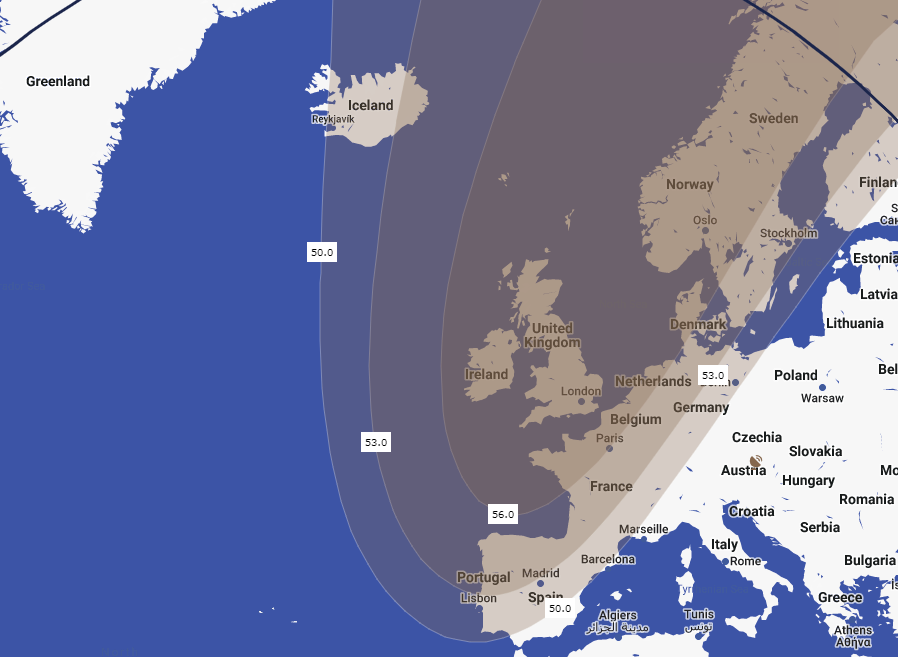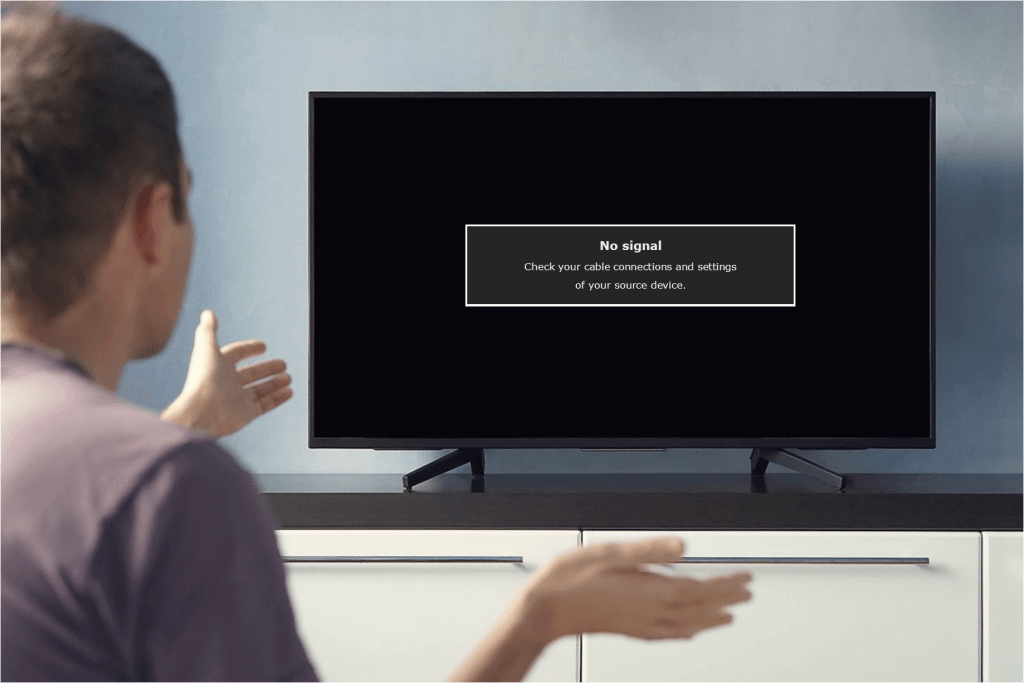- TV signal intended to feed remote UK Freeview transmitters was widely used by satellite users and IPTV pirates.
The BBC this week made changes to its satellite back-up service, which supplies UK relay transmitters with a signal, cutting off access to British television in the most unexpected of places.
Viewers in places including Spain, Portugal, Italy, Germany and Poland have reported the loss of all main UK TV channels, including BBC One and BBC Two after transmission provider Arqiva ended broadcasts of a satellite back-up signal, known as BBC Satback, via the Intelsat 901 satellite at 27.5°W.
Intelsat 901 is reaching the end of its life, having been refuelled in 2020 to extend its time in orbit by a maximum five years.
The signal was turned off on Thursday 4th April, leaving viewers without access to TV services. Social media groups, forums and websites used by Brits abroad have been flooded with posts regarding the sudden loss of Intelsat/Satback channels.
As the feeds weren’t intended for direct reception by viewers, the change was not publicised. There’s also no viewer support available from the broadcasters, as the service was not intended for reception outside of the British Isles.
Why are Brits abroad were reliant on the unofficial feeds
The BBC Satback feeds gained in popularity in 2013, after changes to the main Sky and Freesat satellite signal in 2013 resulted in viewers outside of the UK and Ireland losing reception. Whereas the main Sky and Freesat signal became restricted to north-west Europe, the signal from Intelsat 901 was widely receivable on domestic satellite dishes across Europe.
Despite being encrypted and intended to feed relay transmitters in the UK only, keys to unlock the channels were widely shared online. This allowed viewers with appropriate satellite equipment to access the channels.
In addition, the feeds were widely picked up and rebroadcast by IPTV operators, enabling the pirating of UK TV services. As broadcasts from Intelsat 901 ended, customers of these IPTV services also lost channels.
Although there is demand for UK TV services abroad, the UK’s main broadcasters don’t offer many official ways to access their content in Europe. The BBC News channel and Sky News is available free-to-air across Europe. Additionally, the BBC operates some commercial channels in some countries. In many cases these are targeted at local audiences rather than Brits living abroad. Only in the Netherlands, Belgium, Switzerland and the Republic of Ireland are UK channels more widely available.
Is there any replacement?
A replacement back-up service via the Telstar 12 Vantage satellite at 15°W began broadcasting earlier this year. Adjustments were made at Freeview relay sites across the UK to reconfigure them to the new back-up before the Intelsat service ended.
As before, the signal is only intended for use by Freeview transmitters in case their regular feed fails.
The bad news for viewers who previously made use of the signal, is that the new satellite footprint is smaller (see below). It can continue to be received in parts of Spain and Portugal using a larger dish. Satellite enthusiasts in eastern Europe confirm reception of Satback is no longer possible there after the satellite change.

What’s the purpose of BBC Satback?
The BBC Satback service is used to ensure the main UK channels can be reinstated where there is a incident that knocks out the normal transmitter feed. It is operated by Arqiva, who own the transmitter network once directly operated by the BBC.
The back-up signal is converted into a normal terrestrial TV signal at the relay.
It was widely used across North Yorkshire between 2021 and 2023 after a fire knocked out services at the Bilsdale transmitter mast. Relay transmitters which fed off Bilsdale were reconfigured to feed off the satellite signal instead. It took nearly two years for the Bilsdale mast to be rebuilt and for the normal feeds to be restored.
The BBC is responsible not only for its own channels, but also of all Freeview HD channels. Therefore Satback also includes ITV1 HD, Channel 4 HD and Channel 5 HD. The inclusion of the main five channel is what made the service more attractive to viewers abroad.
It only carries one regional variant of its channels. After the Bilsdale mast incident, the BBC switched the version of BBC One to ‘North East and Cumbria’ – the BBC region broadcast from Bilsdale.
Otherwise, whenever a transmitter falls back to Satback, viewers will temporarily see the wrong regional service until the normal feed is restored.
More and more transmitters sites are being connected to a full fibre backhaul, meaning the importance of Satback is declining. However, many remote hilltops where relay transmitters are located are a long way from being connected.
[Satellite footprint map: Telstar/Telesat]

